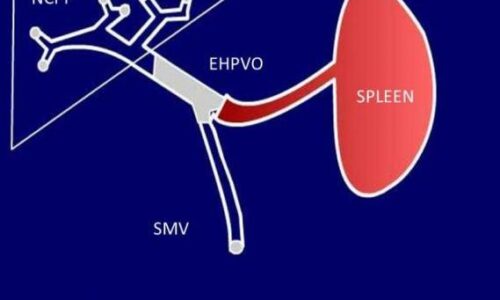An inguinal hernia occurs when tissue, such as part of the intestine, protrudes through a weak spot in the abdominal muscles. The resulting bulge can be painful, especially when you cough, bend over or lift a heavy object. However, many hernias do not cause pain. An inguinal hernia isn’t necessarily dangerous. It doesn’t improve on its own, however, and can lead to life-threatening complications. Your doctor is likely to recommend surgery to fix an inguinal hernia that’s painful or enlarging. Inguinal hernia repair is a common surgical procedure.

Causes
-
- Increased pressure within the abdomen
- A preexisting weak spot in the abdominal wall
- Straining during bowel movements or urination
- Strenuous activity
- Pregnancy
- Chronic coughing or sneezing
Symptoms
- A bulge in the area on either side of your pubic bone, which becomes more obvious when you’re upright, especially if you cough or strain
- A burning or aching sensation at the bulge
- Pain or discomfort in your groin, especially when bending over, coughing or lifting
- A heavy or dragging sensation in your groin
- Weakness or pressure in your groin
- Occasionally, pain and swelling around the testicles when the protruding intestine descends into the scrotum

